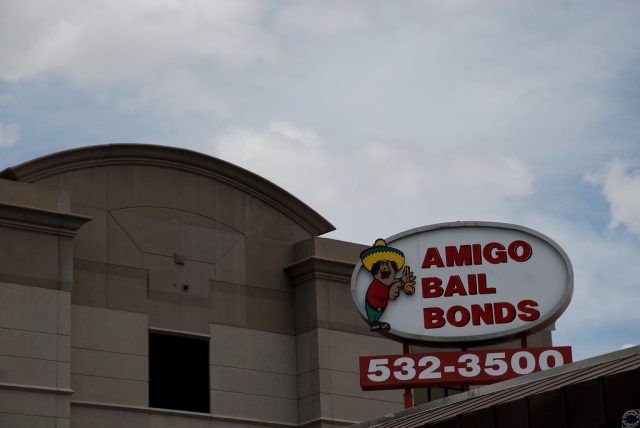US: Slow legal proceedings are Megaupload's fault, don't unfreeze assets
Asset freeze makes a mockery of "innocent until proven guilty."

Both Megaupload (the corporate entity) and its top executives (as individuals) have been indicted by the United States government. Earlier this month, Judge Liam O'Grady rejected Megaupload's argument that its lack of a US address puts the company beyond the reach of US law. But Megaupload's lawyers are persistent. If O'Grady isn't willing to dismiss the corporate indictment permanently (in legal jargon "with prejudice"), Megaupload argues that the indictment should at least be dropped temporarily ("without prejudice") while the extradition fights of Dotcom and his associates play out in New Zealand.
Megaupload says that by freezing its cash, servers, and other assets, the government is subjecting it to "ongoing, irreparable harm indistinguishable from the sort that would attend ultimate criminal conviction following full criminal process." Given that the company hasn't been convicted of anything, Megaupload argues that this de facto punishment violates the company's right to due process of law.
But the government blames Megaupload for the slow pace of the proceedings. The defendants, they say, "have challenged nearly every aspect of the New Zealand-based warrants and extradition proceedings in a variety of courts, including bail, the restraint of assets, the searches and seizures planned and executed by New Zealand law enforcement." They're entitled to do so, the government concedes. But they can hardly complain if raising every available legal objection causes the case to drag on for years.
Moreover, the government notes that in New Zealand proceedings, Kim Dotcom has repeatedly stated that he has no intention of re-launching Megaupload. On January 23, just days after the initial raid, Dotcom signed an affidavit stating that "there is no realistic prospect or possibility of restoring the business or recommencing the business having regard to both the seizure of the requisite servers and data storage equipment and to the seizure of all funds, moneys, and assets held both by Megaupload and by me personally."
Dotcom reiterated this point on February 15, stating that "I have no intention and there is no risk of my reactivating the Megaupload.com website or establishing a similar Internet-based business during the period until the resolution of extradition proceedings."
The government argues that Megaupload and its founder are contradicting each other. Megaupload argues that having its assets frozen is causing it ongoing, irreparable harm because it can't resume its business. But Dotcom's comments suggest that even if Megaupload got its assets back, it wouldn't attempt to put those assets to use until the legal fight was over.
Even though Dotcom promises the old website won't be brought back to life, he does plan to launch a new file-locker service, dubbed "Mega," on the first anniversary of the New Zealand raid. Only users and app developers will have access to the contents of the files, as they'll be encrypted with a key that will remain outside of Mega's grasp.
Innocent until proven guilty?
The government has a point. Even if the feds were to restore Megaupload's control of its servers and cash, it would be difficult for the site to get off the ground with an impending prosecution hanging over its head. It would be foolish for Megaupload to try to restart its site knowing that its cash and servers would be seized all over again if and when Kim Dotcom is extradited to the United States.On the other hand, Megaupload correctly notes that the government's asset seizures raise fundamental due process concerns. Cashflow is the lifeblood of a corporation. The seizure of a technology company's servers and cash is effectively a corporate death sentence. Even if Megaupload and its executives are eventually acquitted on all charges, its business will lie in ruins. It will take many years, and may even be flatly impossible, to regain its former market position, as its former customers will have long since switched to other file-sharing services.
Individual defendants are typically released from prison once they have posted bail. That's important, because under our system of justice defendants are proved innocent until they have been proven guilty. Letting prisoners go free on bail ensures that the government can't seize a defendant and hold him in prison for years while his guilt or innocence is adjudicated. The Megaupload case illustrates the need for a similar rule to prevent the government from imposing harsh punishments on corporate defendants before they have been convicted of any crime. The current rules make a mockery of the principle that corporate defendants are innocent until proven guilty.
No comments:
Post a Comment